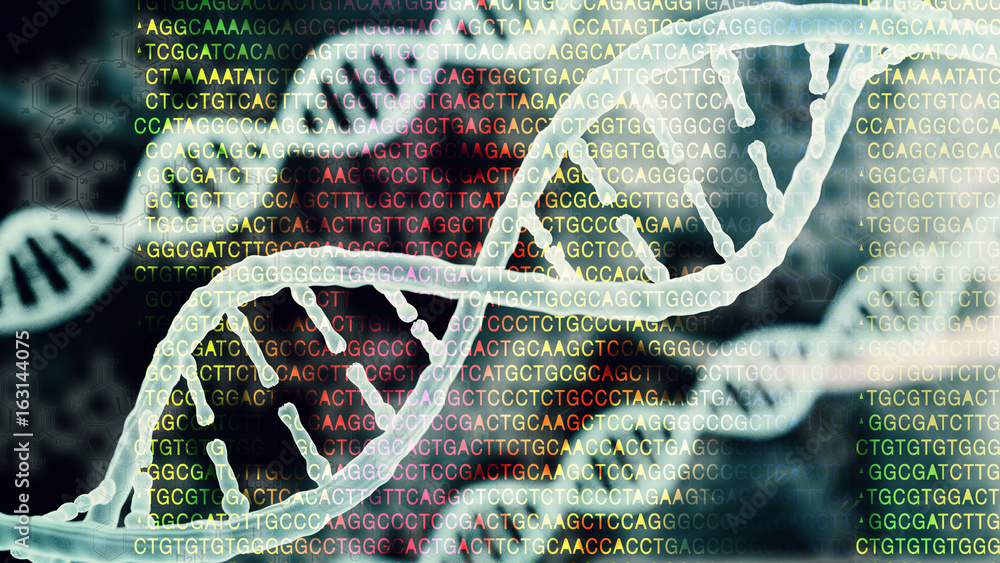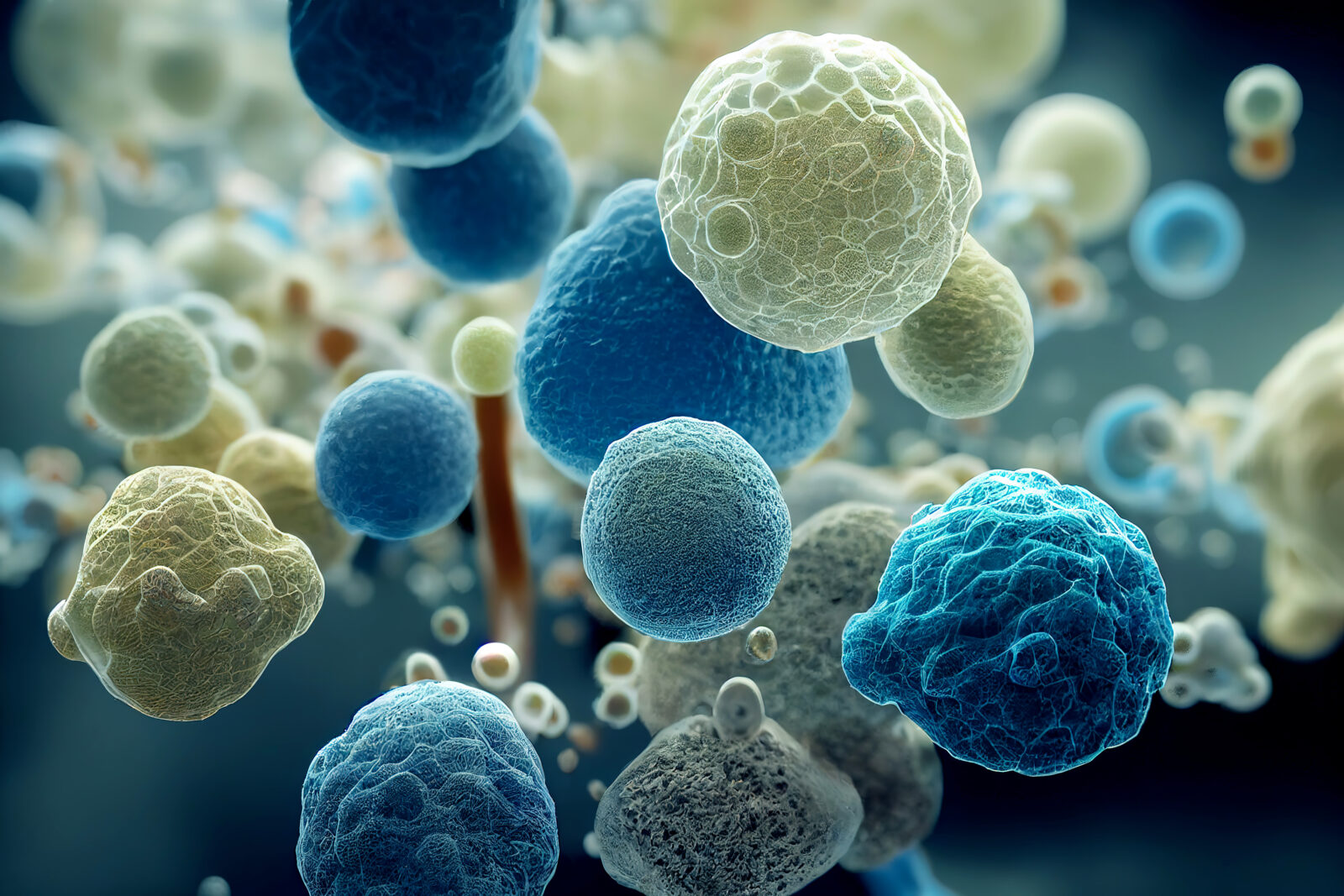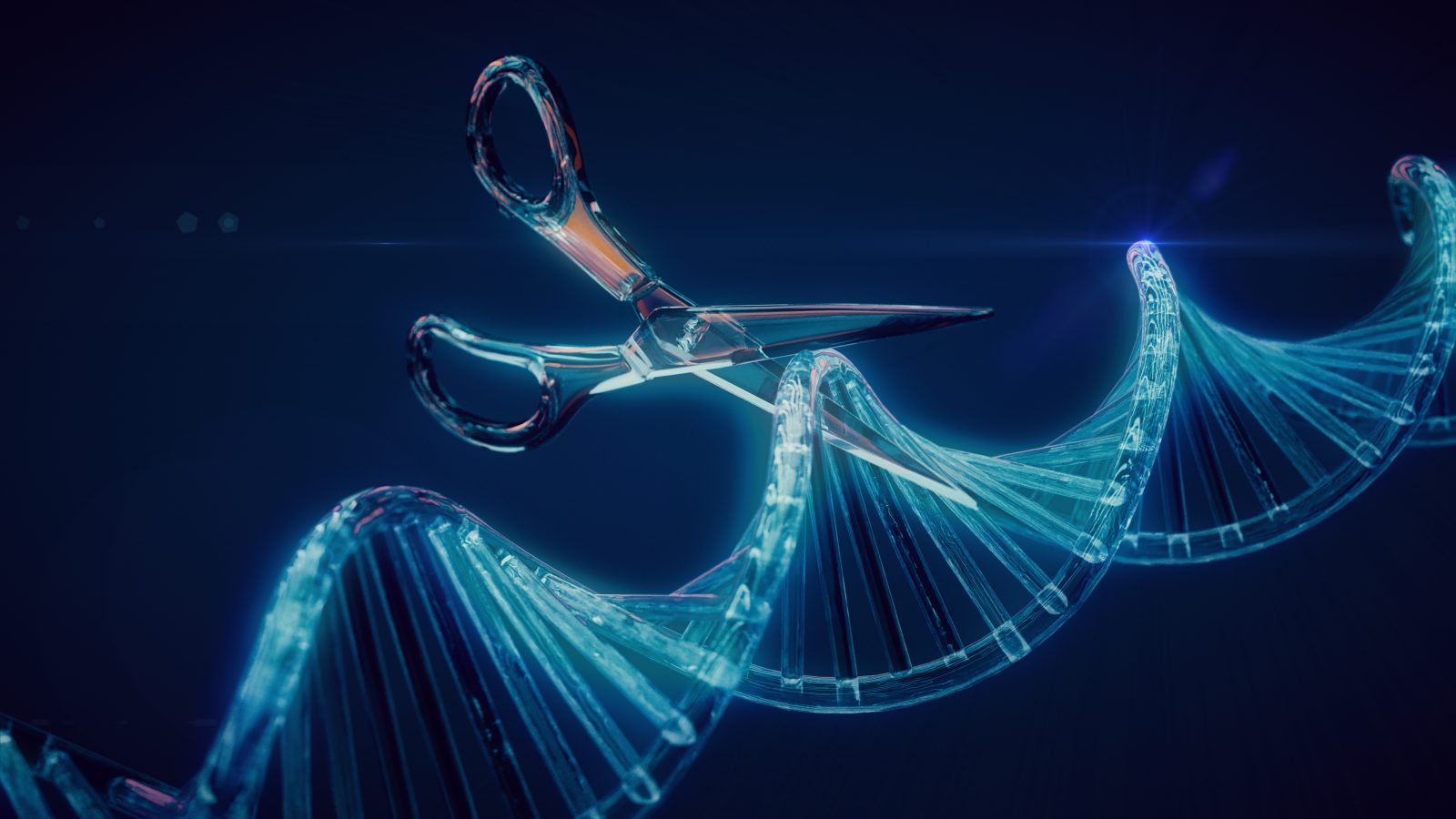


Casey Luskin On Junk DNA’s ‘Kuhnian Paradigm Shift’

The Simple Life: Abiogenesis Gets Another Reality Check

Wesley J. Smith Sounds the Alarm on Germline Genetic Editing
On today’s ID the Future, bioethicist Wesley J. Smith makes the case for passionate opposition to, and stricter bioethical regulations against germline genetic engineering that changes not only the genetics of the subject but also of all that subject’s descendants. He and episode host Casey Luskin discuss germline genetic editing in China, the brouhaha that ensued when the experimental work by He Jiankui came to light, and why Smith is convinced that China’s disapproving response is less than it appears on the surface. He’s convinced, he explains, that the Chinese government wasn’t upset that the Chinese scientist conducted the experiment. They surely knew about his work and allowed it, Smith says. Rather, they and the scientific establishment internationally were upset that Jiankui went public before the public had been softened up to embrace germline genetic editing with lots of talk about how it will save lives. Smith argues the health benefits being pursued can be achieved without permanently altering the germlines, and he warns of a brave new world of eugenics pursued using CRISPR technology and germline editing. As he explains, it’s not just that germline editing could lead to unintended health consequences, or that such changes could work their way into the human population long term. It’s also that the eugenics mindset driving much of this experimental work threatens to undermine the foundational belief that all humans possess inherent dignity and worth, not just those humans who are genetically edited and enhanced. The occasion for the conversation is Smith’s bioethics chapter in the recently released anthology from Harvest House Publishers, The Comprehensive Guide to Science and Faith.

Michael Behe on the Growth of ID via the Growth of Science
On this ID the Future, Michael Behe continues discussing A Mousetrap for Darwin, his newest book. Understanding of the cell has grown “by leaps and bounds” since the 1990s, when Behe’s first book appeared. Fresh discoveries have revealed ever more complex structures inside the cell. As Behe explains, it isn’t just the bacterial flagellum that’s irreducibly complex; the “hook” region inside the flagellum is, too. Evolution’s proper place of study has moved from gross anatomy and population genetics to biochemistry. In his conversation with host Eric Anderson, Behe says that intelligent design theory’s predictions are coming true over time, while for every step of increasing knowledge, it gets “worse and worse” for the theory of evolution by undirected unintelligent processes. Purchase his latest book here.